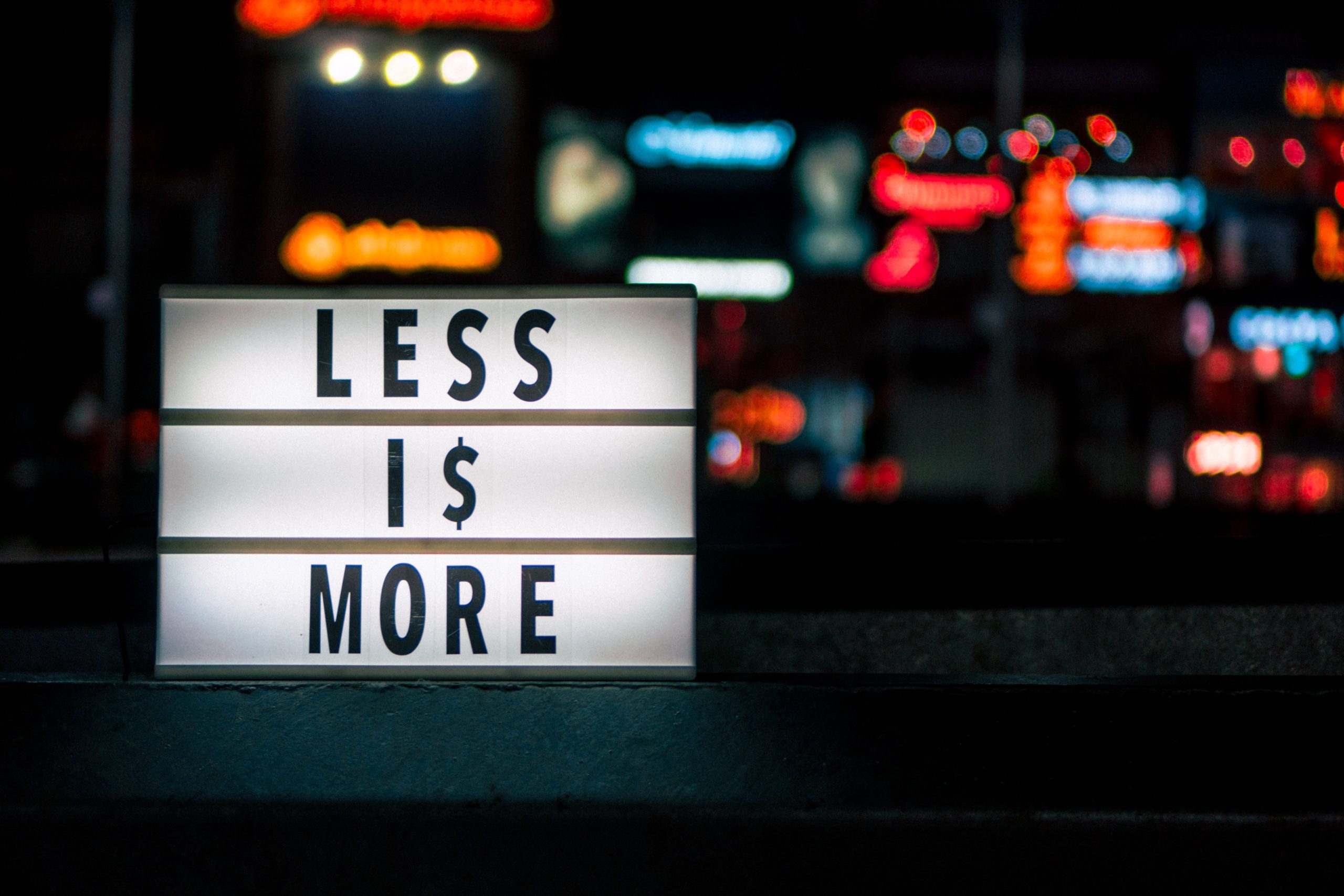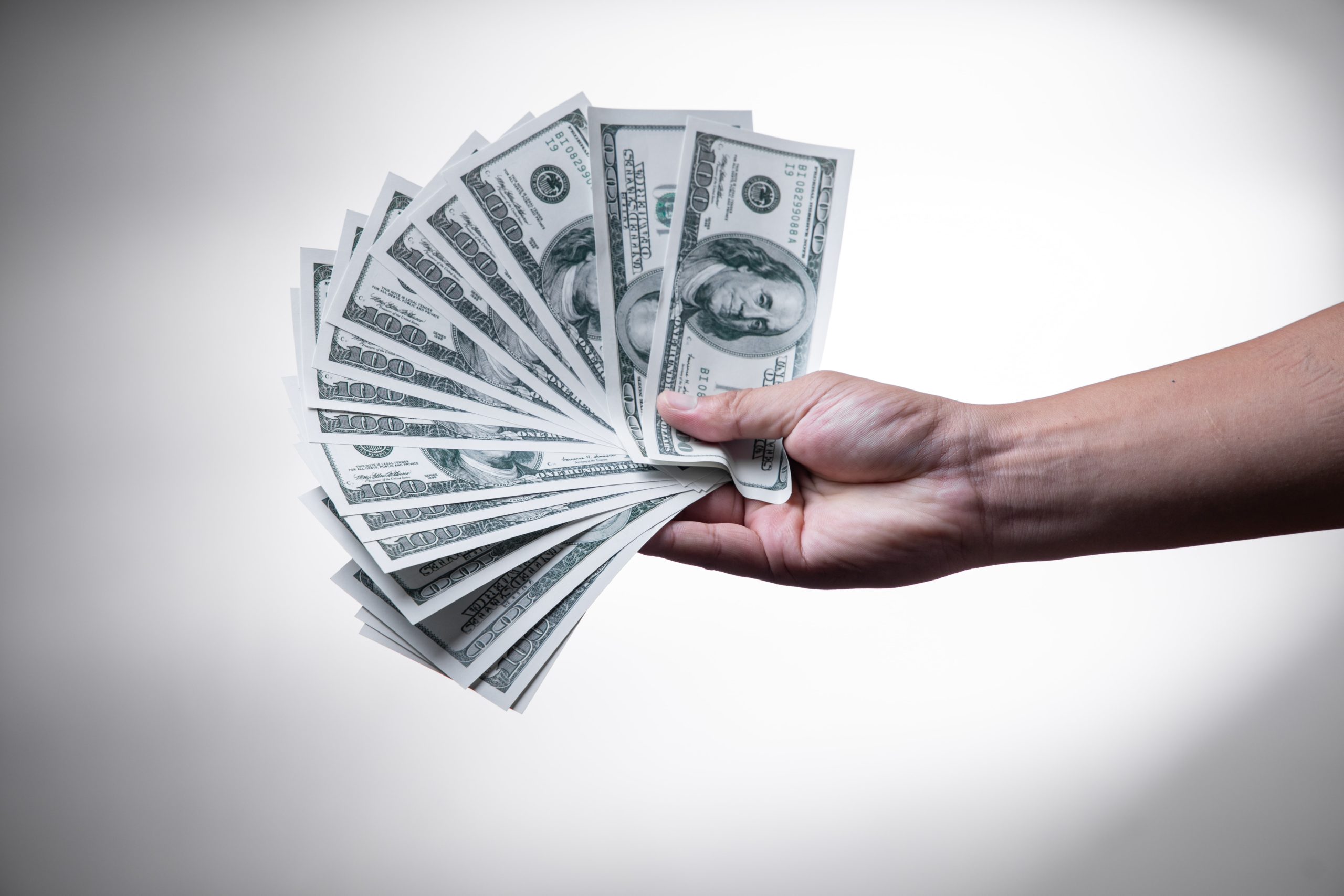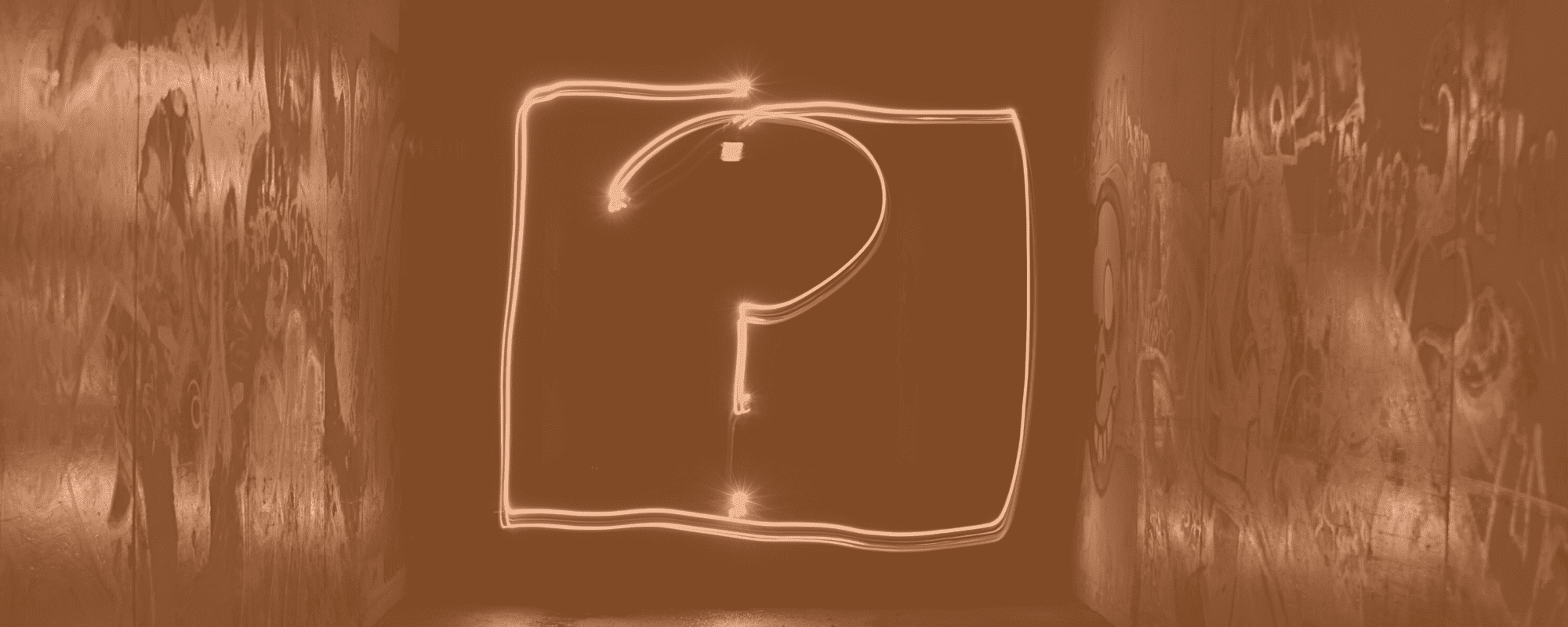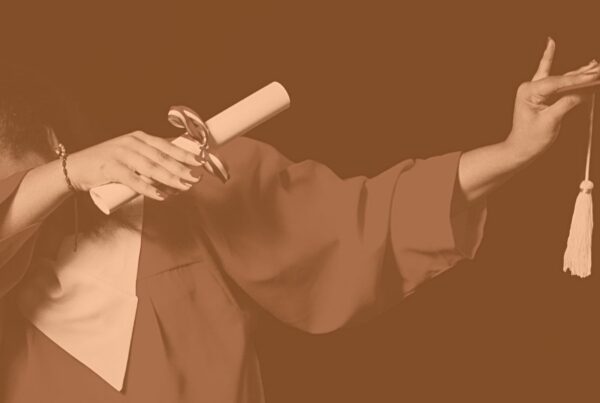What’s brewing, event prof? Have you been reevaluating the events industry lately? If not, you might want to press play and hear out what the Event Brew hosts have to say about that. It seems that our industry changes on a weekly basis; one week, we’re planning a safe return to in-person events, only to be advised to play it safe and pivot to virtual again the next. Our passionate commentators, Will Curran, Nick Borelli, and Dustin Westling, recently had a candid conversation, sparked by one particular question.
Will brought up the fact that Rachel Wimberly wrote an article for Trade Show News Network, titled ‘Please Stop Asking if Attendance ‘Was Down’ at Shows Running Right Now‘. He was curious to learn what his co-hosts had to say about that. Do they agree? What does having low attendance say about an event? And most importantly, what brew are they drinking? Tune in and you’ll find out!
Reevaluating The Events Industry: Focus On Changes
Rachel Wimberly isn’t the only one who thinks that the question of ‘How many attendees and/or exhibitors were at the show?’ completely misses the mark.
“The problem with this question is that it’s still based on the premise that things are going to the way they were before,” says Nick. But they aren’t. “For starters, in the climate we’re in, a lower attendance is a given. Before, the design of your show was probably to maximize attendance. Now, there are more options and different ways to attend.”
Reevaluating the events industry, Nick proposes a better question. “The real question should be: how did your event change this year? How were you making adjustments to the original way that you did your show? That puts that person in the driver’s seat, and not in a position of reacting to facts that happened at them.” After all, lower attendance could also be by design.
“Let’s ask what’s something positive that came out of the changes this year,” proposes Dustin. “And I do bet that, especially when we’re talking about trade shows, your exhibitors are able to connect better with attendees because the volume is down. Or the attendees themselves are obviously there because they’re very committed to whatever’s being offered and promoted. There are lots of silver linings in there.”
 Quality Over Quantity
Quality Over Quantity
Will fully agrees with his co-hosts and points out that bigger doesn’t always mean better. “C2 definitely doesn’t have as many people as IMEX, but I would say C2 has just as big of an impact and it’s not about the number of people that are there. It’s about the quality of people, the experience they designed. Right now, I am a fan of designing our events to focus on having fewer people; let’s make events more exclusive and high-end. People want that. I don’t think they will want a dime a dozen cookie-cutter stuff anymore.”
Nick and Dustin agree; people don’t want the shotgun approach anymore.
Fear Is Understandable, But We Can Overcome It!
However, the shotgun approach does seem a little safer, and therefore, more attractive. “It’s risky to declare that this is the audience that you want to serve and trust that they’re going to follow you. You have better luck by bringing in 2000 people and hoping they come back than you do bringing in 500 people and really honing in on them,” says Dustin.
Nick thinks that event planners in general are too afraid of the idea of failure. And it’s time that the events industry reevaluates that, too! “When people think about the idea of failure in the events industry, they’re stricken with absolute fear at the highest level. If you normally had a thousand-person event, and you were shooting for five events with 200 people instead; no matter what happened to that 200 attendees, you could make it up on the other ones and have enough time to bounce back.”
Will shares his thought process. “This is what the evolution life cycle of a business looks like in a lot of ways. You first start off and you say: ‘I’m doing it cheaply. I’m going to try to get as many gigs as I can. I have to make this work’. And then you slowly start to move up in terms of your cost and charging more, moving up the market. Eventually, you get to this chasm; you have to say no to these easy jobs that you’ve been doing for so long that guarantee revenue. You need to now look up-market to high-end enterprise clients. That jump is extremely hard for a lot of people to do.”
“Once you’ve moved up-market, there is then the diversification,” he continues. “In addition to how to diversify events, planners also need to raise the quality of experience and charge more. This last year though shot that. You saw clients that were charging a thousand dollars now dropped down to a hundred dollars and now they have to get back to a thousand.”
 Reevaluating The Events Industry: Virtual As Competition
Reevaluating The Events Industry: Virtual As Competition
And the virtual component is just another thing that makes reevaluating the events industry so important. “Now, clients have to compete with the virtual price, which is going to be a big challenge. And we have to figure out how to bridge that. I’m not saying that’s a bad thing. I’m saying that is why we’re going to see smaller events. That’s why the question at the beginning doesn’t matter anymore because it’s not going to be the same thing. We’re not comparing the same thing. The virtual component is here to stay as is the price difference between the in-person and the virtual event. And it’s going to be about what the attendee values most and providing the best value for each one of those segments,” says Dustin.
“There’s competition now with virtual and therefore you have to put up or shut up,” says Nick. “So, unfortunately, I believe that some shows won’t survive full stop because it’s a more competitive field. With virtual, there are opportunities for that same dollars to be spent on something that has less friction. What you could do potentially, as opposed to seeing that necessarily as adversarial positioning, is ask: ‘Where does virtual fit into the value that you would give the face-to-face person?'”
“If there’s a lower cost associated with the virtual and the face-to-face is something that is still valuable, how do you combine those two tools to get you there? But personally, I always start with how do we make people money? Because if I can do that, I have more tools to use. And with more tools to use, I generally consult problems. So I look at virtual and smaller events as opportunities to make more money,” he explains.
Identify What Your Sponsors Want
So, how do smaller events make you more money? Nick has the answer: “Exclusivity and more sponsors who own the show.”
If you have one show a year, you only have one title sponsor. If you have five shows a year, you have five,” he elaborates. “And oftentimes what they want in a win with that is that exclusivity. Ultimately, your sponsors don’t want everyone. They want the people that matter to them the most. So figure out how you would carve up your show into segments that five different organizations want the most and have them involved in the process. And what you have is likely more revenue. And with that, you have less fear of having to produce the biggest show to be able to say that we had a good show because it was bigger than last year.”
He likens the logic to the ‘1,000 True Fan’ theory. “It’s this idea that in the internet age, or in a digital age, a musician doesn’t have to have a whole stadium worth of people to support their whole livelihood. What they need are a thousand people who really believe in them and would spend a hundred dollars per year on them. These people are all in with me and they’ll buy anything. I tell them because I get them. I use personalization because I know them intimately. How many people came to your show? Well, a hundred percent of the people that should have.
 Reevaluating The Events Industry: Attendees Have Changed
Reevaluating The Events Industry: Attendees Have Changed
“There’s something else that we also have to reevaluate in the events industry. Our audiences have totally shifted,” Will says. After all, his habits changed too in the past 18 months. An avid traveler before, he prefers to stay at home these days. “If an airline was marketing at me so hard, encouraging me to fly, I might not be the best person to market to anymore. I’d rather stay here, focus on the business, and spend time with my friends.” The same applies to potential event-goers.
Nick agrees. “There’s been enough time to break habits. Everyone has reevaluated everything. And if you’re the only person in this ecosystem who hasn’t reevaluated what you’re doing, you’re planning an event for an attendee that doesn’t exist anymore.
What About Trade Shows & Exhibitors?
Dustin agrees but expresses some worry about trade shows. “A lot of companies have found their way into digital marketing that maybe weren’t in that space before. They were forced to get there. And I think they’re going to find out that they don’t need to lug around their trade show booth and their pull-up banners.”
“I’ll tell you how I score as an exhibitor: by closing percentage. I don’t score it by impressions,” replies Nick. ” It comes down to reevaluating how you are selecting who gets to be an attendee and having real conversations with them. And then the other side is not playing the shotgun game anymore. Let’s play the laser game: fewer people, fewer opportunities, but you should have a better chance to convert that set. There are all these new digital opportunities for us to make it up for you.”
“So let’s have a conversation right after the event as an exhibitor. Tell me what you thought of this new approach. We’re your partner, we want to be with you. And if at the end of it, you didn’t feel like you were whole, let’s talk about webinars, co-creating content, get-togethers, meetups, and other things we can do on these digital platforms. I’m telling you, if a salesperson from a trade show had taken that approach, it would be basically risk-free for an exhibitor,” Nick concludes.
Reevaluating The Events Industry: What’s Your Question?
And that’s a wrap on yet another Event Brew episode! If you have any questions or comments you’d like to get to the Brew Crew, reach out to them. They are curious to know: have you been reevaluating the events industry too? Instead of asking whether the attendance was down, what would your question be to a fellow event professional?










